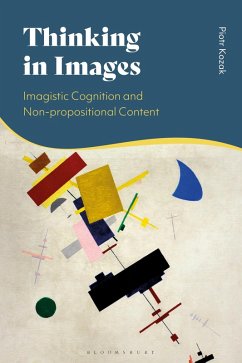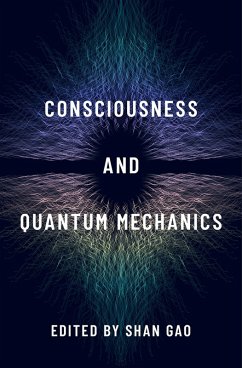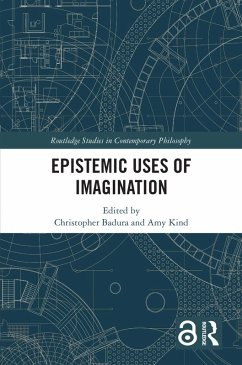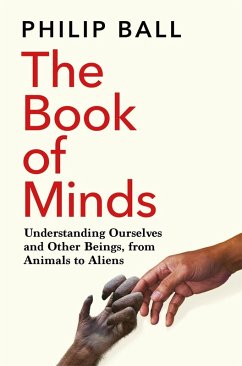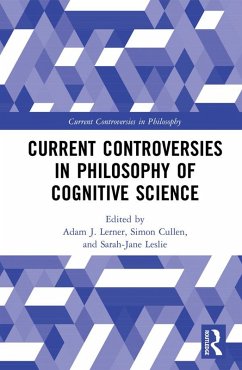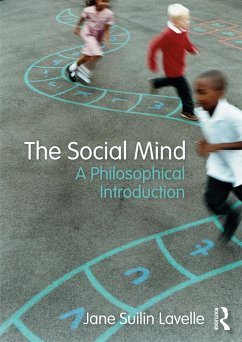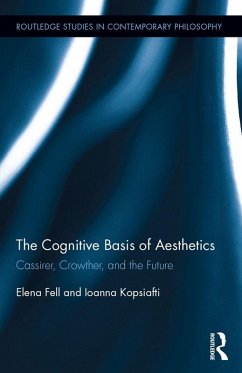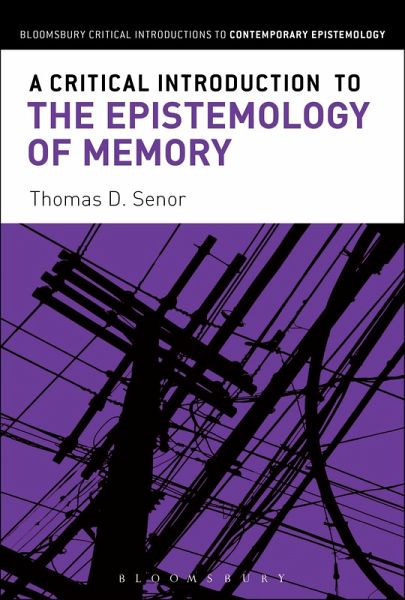
A Critical Introduction to the Epistemology of Memory (eBook, ePUB)

PAYBACK Punkte
11 °P sammeln!
In this clear and up-to-date introduction, Thomas D. Senor lays the philosophical foundation needed to understand the justification of memory belief. This book explores traditional accounts of the justification of memory belief and examines the resources that prominent positions in contemporary epistemology have to offer theories of the memorial justification. Along the way, epistemic conservatism, evidentialism, foundationalism, phenomenal conservatism, reliabilism, and preservationism all feature. Study Questions and annotated Further Reading guides at the end of each chapter make this book ...
In this clear and up-to-date introduction, Thomas D. Senor lays the philosophical foundation needed to understand the justification of memory belief. This book explores traditional accounts of the justification of memory belief and examines the resources that prominent positions in contemporary epistemology have to offer theories of the memorial justification. Along the way, epistemic conservatism, evidentialism, foundationalism, phenomenal conservatism, reliabilism, and preservationism all feature. Study Questions and annotated Further Reading guides at the end of each chapter make this book ideal for classroom use and independent study. Written in very clear prose, A Critical Introduction to the Epistemology of Memory is a valuable resource for students approaching epistemology for the first time or those looking to advance their understanding of a core area of philosophy.





